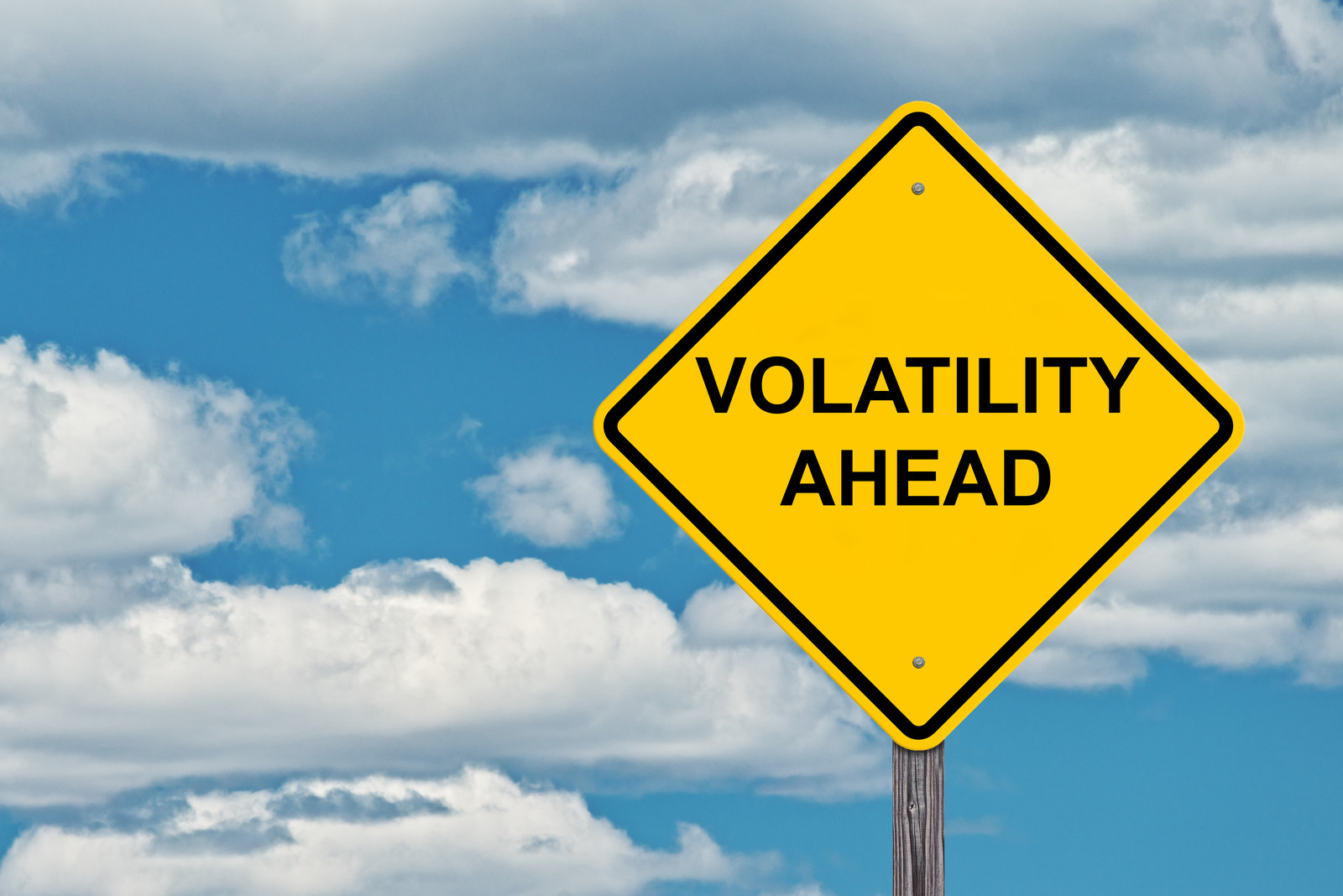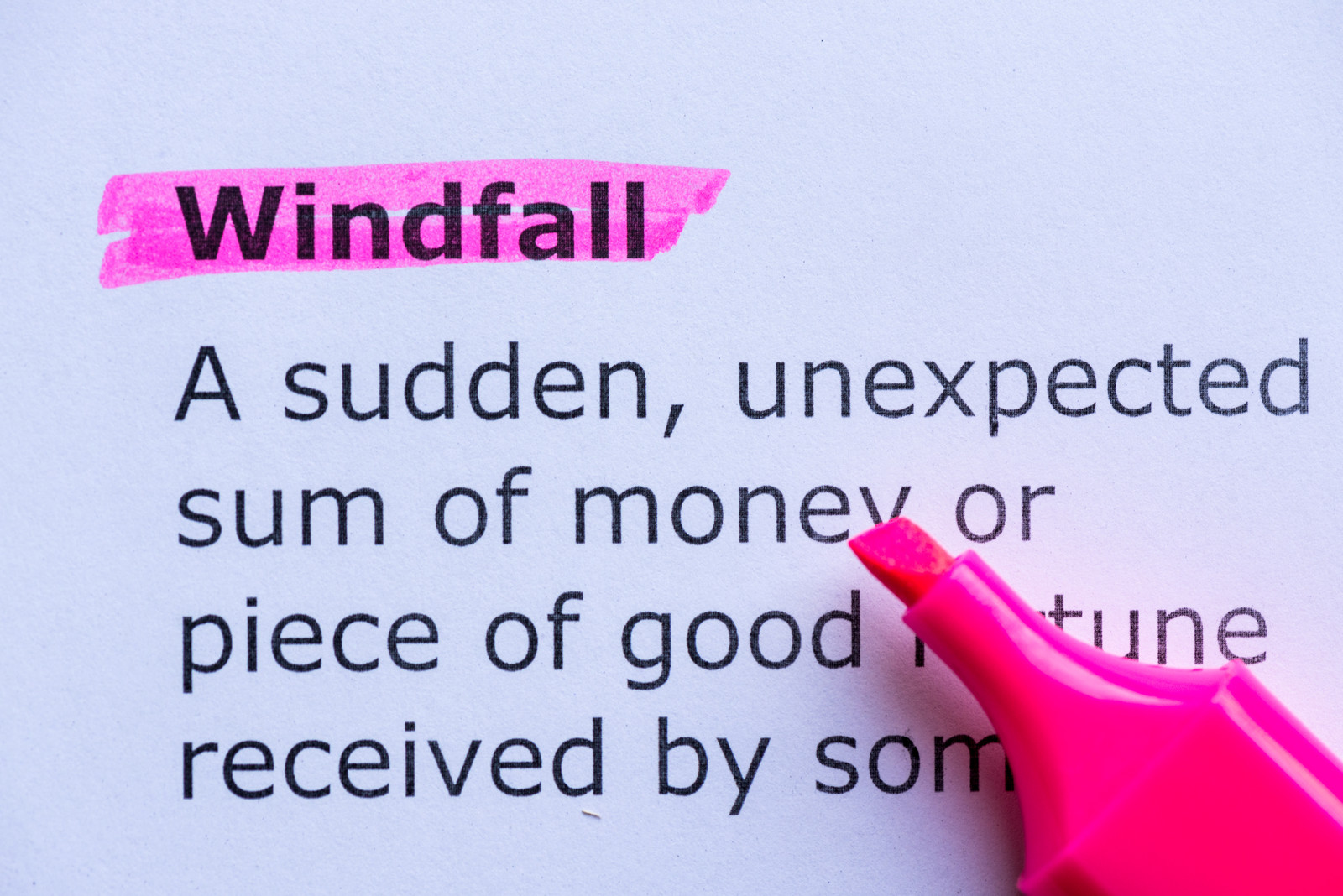There are incidents that standard policies may not cover.
No insurance policy will protect you from everything. Even the most comprehensive umbrella liability policy has its shortcomings. A good auto, homeowner, or renter policy will insure you against what the carrier believes to be common threats. There are other risks, however, that you might need to address.
Earthquakes. A typical homeowners policy offers no earthquake protection, and that presents a serious coverage gap in certain states. Just 10% of California households have earthquake insurance, for example. (On the bright side, a record number of Californians bought these policies in 2017.)1
Floods. In some regions, houses may be more at risk for flood damage than their owners believe. Last year, tens of thousands of Southeast Texas homeowners discovered just how vulnerable they were in the wake of Hurricane Harvey – neighborhoods well inland were inundated. Just 12% of U.S. homeowners have flood insurance coverage, which the average homeowners policy does not provide.2
Sewage backups. The main sewer system in your city is the city’s responsibility – but the pipes that reach from the main sewer system in the street onto your property are your responsibility. If something goes wrong with those pipes, your homeowners policy probably will not cover any property damage. The good news is, you can get sewer backup insurance. It costs about $75-150 per year for $5,000-$10,000 worth of coverage.3
Home business damage or mishaps. Are you a solopreneur with a home-based business venture? Are you a lawyer or therapist who hosts clients in a home office? You should realize that regular homeowners insurance usually won’t cover business-related liability and neither will the normal umbrella liability policy. At the very least, you need commercial liability insurance, which addresses risks your business venture may face inside and outside of your residence. It can cover property damage (to your home or another home you or your employees visit on business) and bodily injury claims. Commercial property insurance can cover business equipment you have at your house. A standard business owner’s policy includes both commercial property and commercial liability coverage. The yearly premium for a business owner’s policy is usually less than $500.4
An accident or theft involving a vehicle you lease. If a car you are leasing is stolen or totaled, there is a good chance that your auto insurance provider will not reimburse you for the full amount of your lease agreement. (This could also be the case for a vehicle you have bought with financing.) How can you mitigate this risk? You can purchase gap insurance from the auto insurance company you have a relationship with, the dealership, or a lender. This coverage fills in the gap in value between the full lease or loan amount and how much the vehicle was worth at the time of the incident.5







